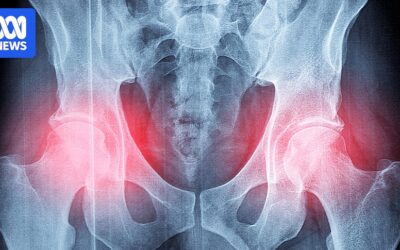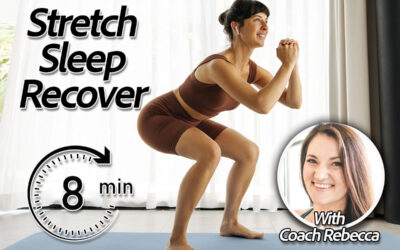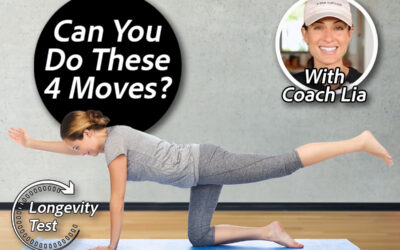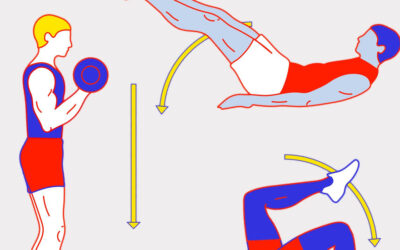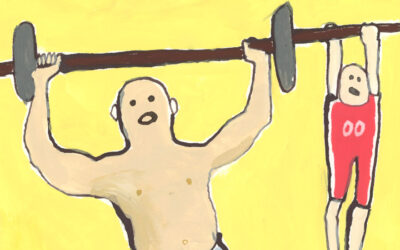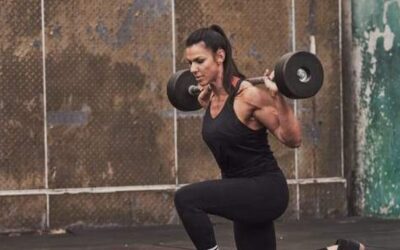
Fitness giant Gold’s Gym to close 2 San Antonio clubs
One of the most famous names in fitness is closing two of its San Antonio facilities. Two San Antonio Gold’s Gym locations will shutter in August, amid continued struggles for the brand. MySA first reported the news, citing an email sent to members. CultureMap independently confirmed with both locations that the closures are imminent via…


